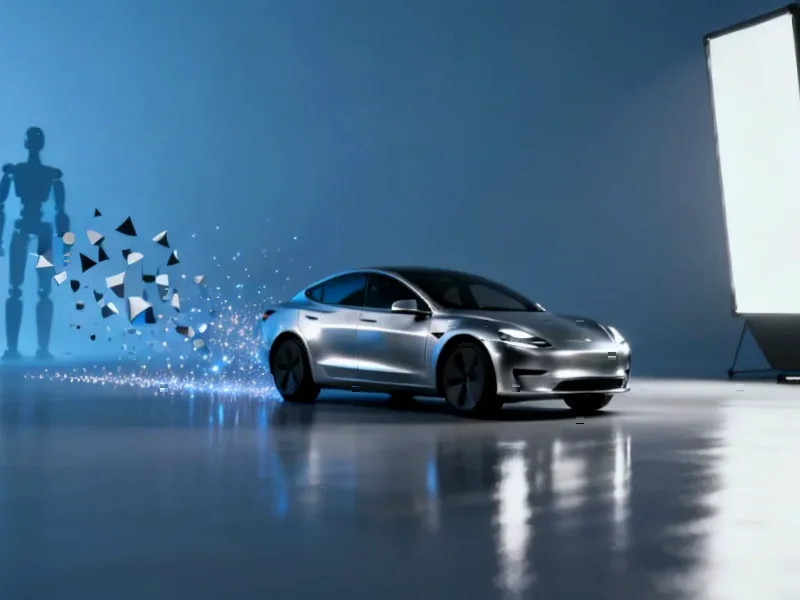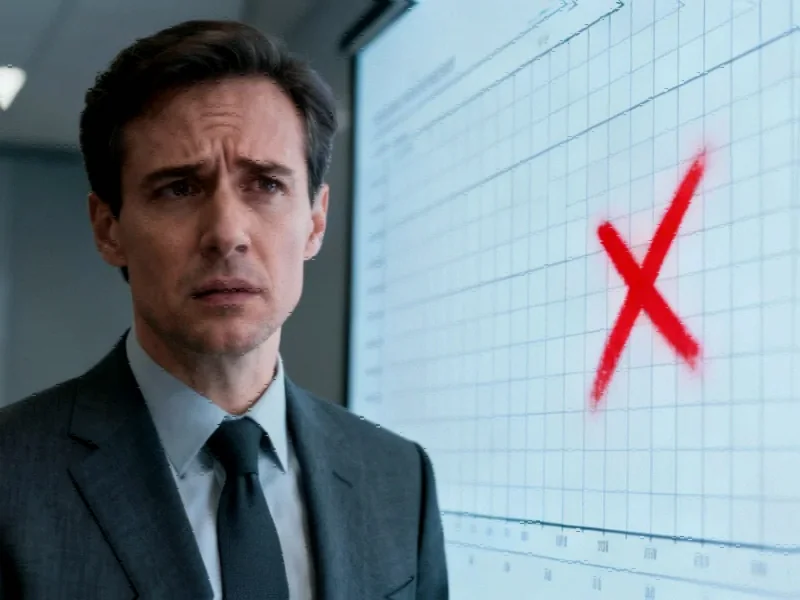According to Futurism, Elon Musk took to his platform X on Monday to propose using a “large solar-powered AI satellite constellation” to prevent global warming by making “tiny adjustments” to how much solar energy reaches Earth. This comes despite his well-documented focus on making humanity “multiplanetary” and extending consciousness to the stars. Musk currently operates nearly 9,000 Starlink satellites in orbit, which already interfere with astronomical observations. When questioned about the potential risks of destabilizing Earth’s climate system and geopolitical conflicts over controlling such powerful technology, Musk simply responded “Yes.” He later elaborated that “tiny adjustments” could prevent both global warming and cooling, noting Earth has been “a snowball many times in the past.”
Solar geoengineering reality check
Here’s the thing – solar geoengineering isn’t some new concept Musk invented. Scientists have been debating this for years, and most agree it’s terrifyingly risky. We’re talking about messing with the entire planet’s climate system here. The most studied approaches involve things like marine cloud brightening or stratospheric aerosol injection – basically spraying particles into the atmosphere to reflect sunlight. But none of the serious proposals involve handing control over our sunlight to an AI satellite network owned by a single company. The potential for unintended consequences is staggering, and once you start blocking sunlight, there’s no easy undo button. You can’t just turn the sun back on if things go wrong.
Musk’s grand vision
Now, Musk isn’t just thinking about solving climate change. He’s apparently operating on a completely different timescale. In his posts, he agreed this would be a “logical feature” for a Kardashev Type II civilization – you know, those hypothetical advanced civilizations that can harness the entire power of a star. He’s previously stated his Starlink satellites are the “path” to reaching that level. So basically, we’re jumping from solving Earth’s climate problems to becoming a star-spanning civilization in one tweet thread. It’s classic Musk – thinking so far ahead that present-day concerns like “will this destabilize global agriculture” or “who controls the off-switch for the sun” seem trivial by comparison.
<h2 id="the-business-behind-the-science-fiction”>The business behind the science fiction
Let’s be real – this isn’t just about saving the planet. Musk’s companies stand to benefit enormously from any push toward massive space infrastructure. SpaceX already dominates satellite launches, Starlink is building the constellation, and Tesla deals with energy and AI. A project to control Earth’s climate would require all of these pieces. But who would pay for it? And who gets to decide when we’ve blocked enough sunlight? The geopolitical implications are mind-boggling. Imagine countries fighting over their “fair share” of sunlight while one company controls the dimmer switch. It makes current energy disputes look like playground arguments.
Risks versus rewards
So is this brilliant or completely bonkers? Both, probably. The scientific community is deeply divided on solar geoengineering – some see it as a necessary emergency measure, others as a dangerous distraction from actually reducing emissions. But adding AI control and private ownership to the mix? That introduces a whole new level of risk. What happens if the AI malfunctions? Or if the company goes bankrupt? Or if it becomes a weapon? These aren’t theoretical questions – they’re the exact reasons why most researchers approach this field with extreme caution. Musk’s vision might be exciting from a sci-fi perspective, but the reality would be incredibly messy, politically charged, and potentially catastrophic if anything went wrong.




